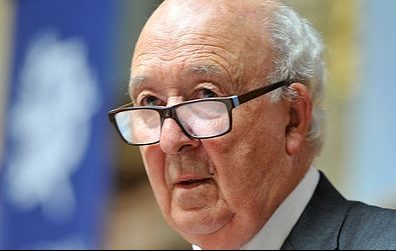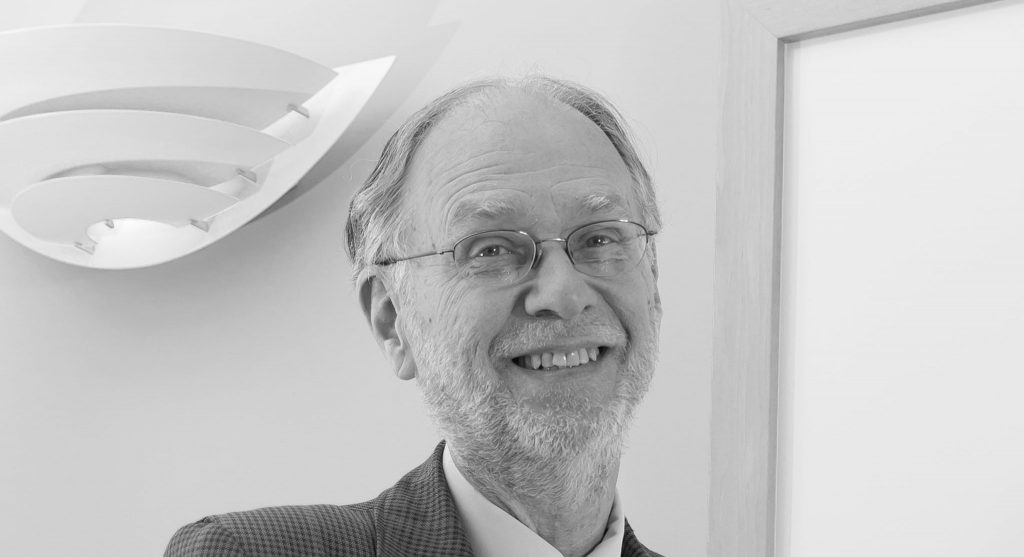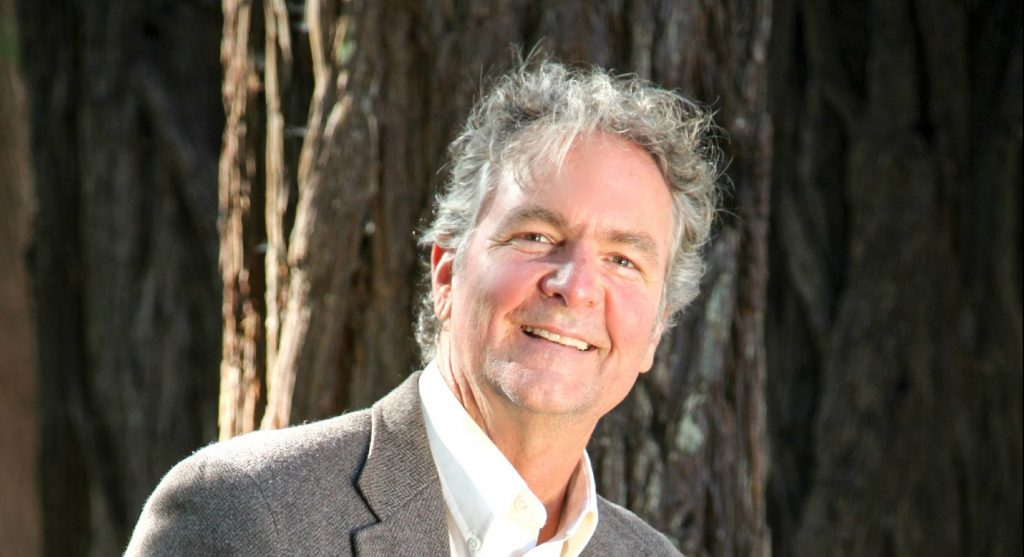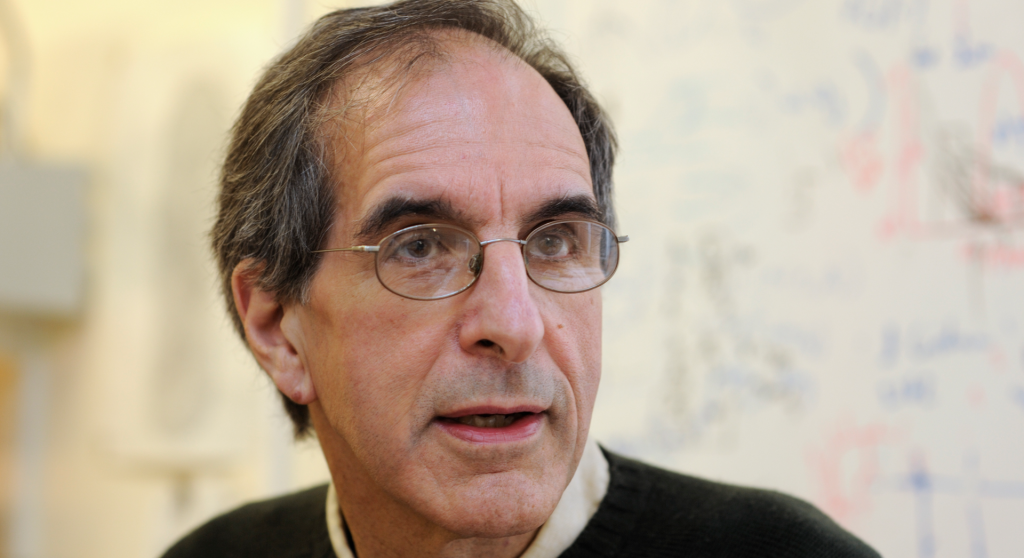Peter R. Brown

Peter R. Brown
Past: Retrieving the Past – Historians and their Sources
Prof. Peter R. Brown, a renowned humanist, is the Philip and Beulah Rollins Professor of History, Emeritus, at the Department of History, Princeton University.
With his early work, (Augustine of Hippo: A Biography (1967) and Religion and Society in the Age of Saint Augustine (1971) and especially World of Late Antiquity (1971), Prof. Brown created an entire new field, referred to as “late antiquity.” The field relates to the period between the second and the eighth centuries, which had long been a historical gap separating the decline of the Roman Empire from the Middle Ages.
Late antiquity came into being as a dynamic and complex period of human history. No longer the Dark Ages, these centuries were recreated by Brown as a time of creativity, struggle, innovation, and emergence of new historical actors, from charismatic holy men to neurotic bishops. His subsequent works on the Christianization of the Roman Empire, the rise of the cult of Saints, and more recently on understandings of poverty, leadership, and the shifting attitudes to wealthy in the waning centuries of Roman hegemony speak powerfully to readers about the tensions between power, privilege and redemption.
Peter Brown unearthed a unique range of source material in order to depict a “world” between the Iranian plateau and the Bay of Biscay at a time between great empires. The linguistic breadth ranges from expected sources in English, French, Italian, German to those in Syriac, ancient Greek, Latin, Hebrew, Old Norse and more and the types of sources range from classical texts to archaeology. There are few scholars in the world with the skills to tap such a range of sources, and fewer still who can exploit them with such singular and prolific imagination.
Professor Brown has received honorary degrees from numerous universities, including the University of Chicago (1978), Trinity College, Dublin (1990), Wesleyan University (1993), Columbia University (2001), Harvard University (2002), and King’s College London (2008). He has been the recipient of a MacArthur Fellowship (1982), a Guggenheim Fellowship (1989), and the Mellon Foundation’s Distinguished Achievement Award (2001). In 2008, he won the Kluge Prize of the Library of Congress and in 2011, the Balzan Prize.


